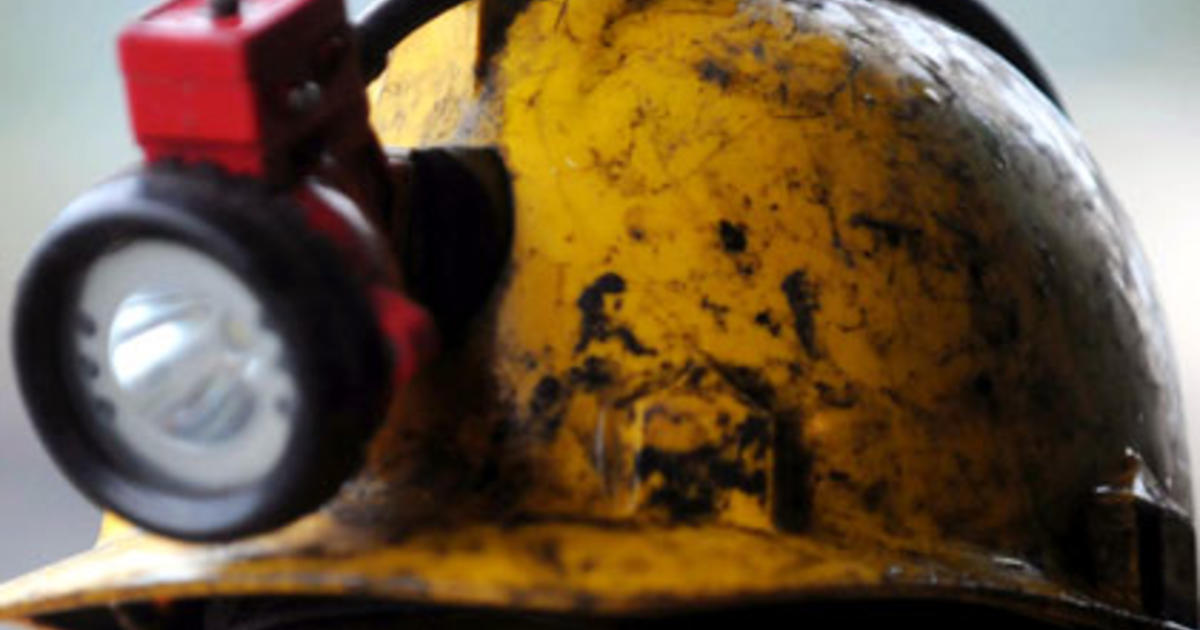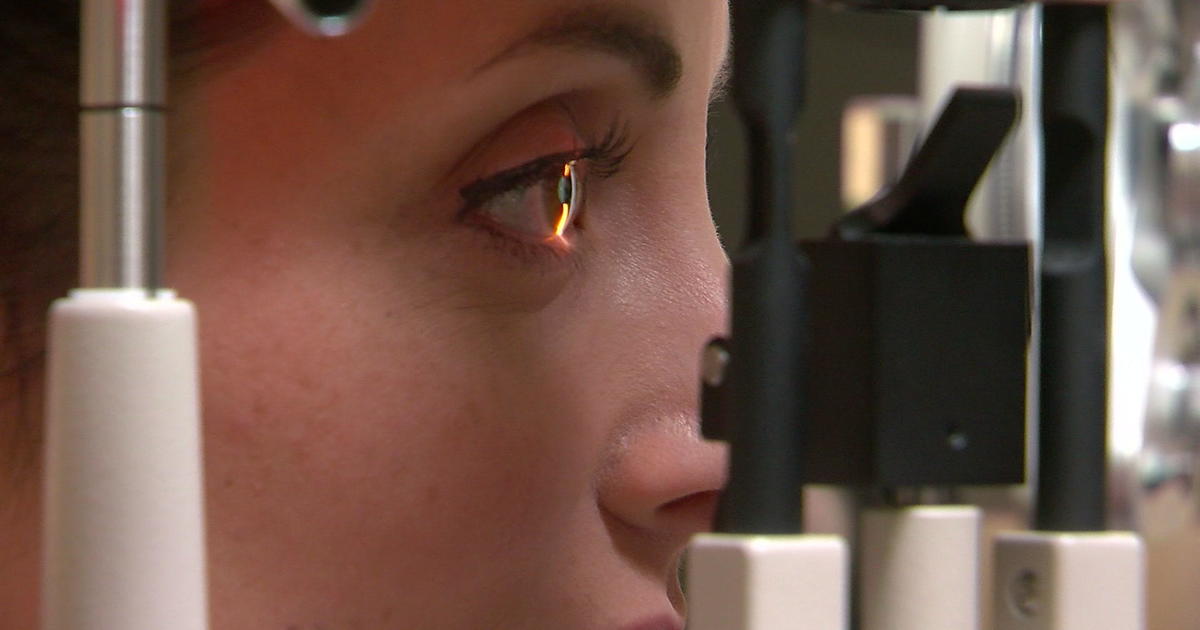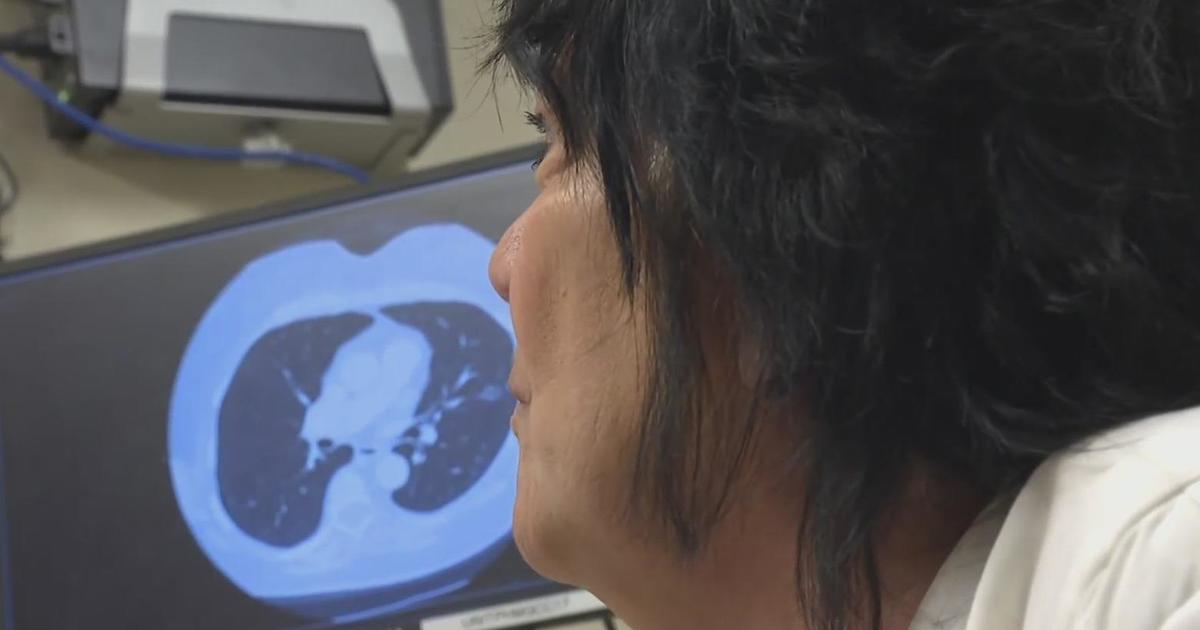Some Younger Women Being Blindsided By Silent Killer - Heart Disease
PITTSBURGH (KDKA) - Younger women - some as young as their 20's – are being blindsided by a silent killer.
Health Editor Dr. Maria Simbra has more on a potentially life-threatening problem and the symptoms that shouldn't be ignored.
New mom, 25-year-old Josie Shultz was having chest pain at night. She thought it was anxiety as she was returning from maternity leave and her mom had just had surgery.
Maybe it was reflux, or her gall bladder.
Then one day, she went to work, and the chest pain wouldn't stop. A co-worker took her to the hospital.
"They hooked up the EKG to me, and immediately it was like the world came to a halt around me. And there was just so much action. The team started moving. And it was like a blur then. They whisked me away, and I had a cardiac catheterization then," Shultz said. "I had to ask, 'What did it show? Was it abnormal? They said, 'Oh yeah, honey, it was really abnormal."
Her main heart vessels were blocked, because of spasm.
Even with medicine to keep the vessels from clamping shut, because of persistent chest pain, she was flown to Pittsburgh.
"I thought, 'Well, this is it. I'm going to die.' So, I started giving my husband instructions on what to do after I die," Shultz said.
According to a recent Yale study, every year 15,000 women younger than 55 die of heart disease. Spasm of the coronary arteries isn't a common reason for heart attack, but it is a known cause, especially in younger people.
"The spasm of her arteries were so severe that it caused a significant heart attack, and significant damage to the heart muscle, and the heart became very weak," Allegheny General Hospital Cardiologist Dr. Anita Radhakrishnan said.
At times during her hospital stay, her heart even stopped, and she went into cardiac arrest,
"I was very lucky I didn't just die," she said.
She did cardiac rehab for 12 weeks and even wore a vest to shock her heart just in case after she left the hospital. Eventually, her heart function returned to normal.
"For the first month-and-a-half, after I got home from the hospital, we moved in with my parents. Just because I wasn't, I didn't feel safe to be at home with the little one," Shultz said.
However, she realizes her life will never be the same.
"I'm 26 now. That's a complete 180 from taking prenatal vitamins to now many, many prescription medications," Shultz said.
She still has chest pain, but it's about once a month now.
"It's not always pain anymore. It's sometimes a heaviness, or a tightness, and very often it affects my arms, and my jaw, and that's when I know I need to do something," Shultz said.
Shultz's story challenges the stereotypes about age, gender, and heart attack and it's a good reminder to be aware of the symptoms.
"Very atypical in women. Could be chest pain, could be breathing difficulty, could be a sweating sensation, or nausea or vomiting," Dr. Radhakrishnan said. "Being young doesn't protect you from heart disease."
Join The Conversation On The KDKA Facebook Page
Stay Up To Date, Follow KDKA On Twitter



